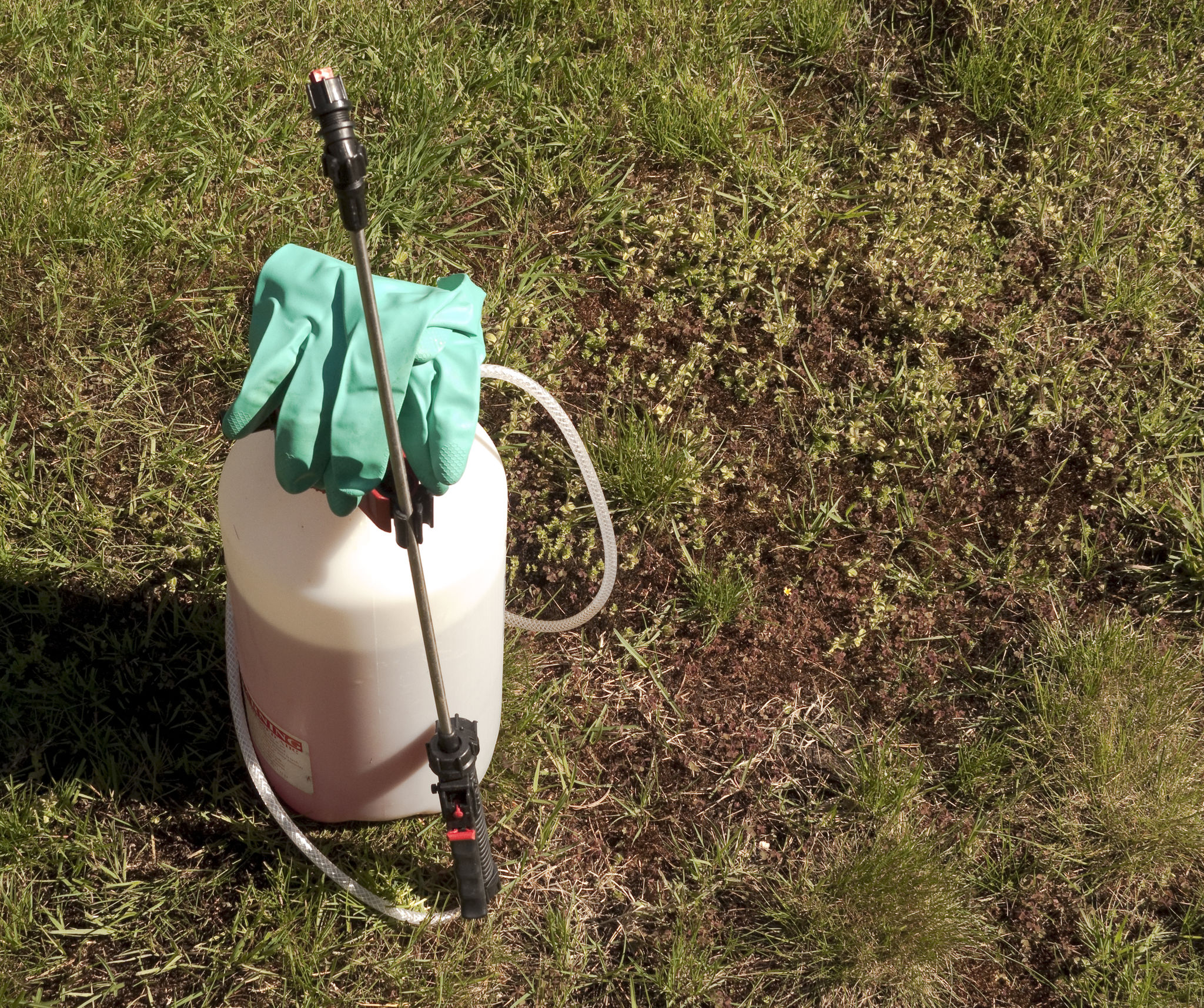Common Lawn Care Mistakes in Montgomery County and How to Avoid Them
Overwatering Your Lawn
One of the most common lawn care mistakes in Montgomery County is overwatering. While it may seem like providing more water will lead to a lush, green lawn, too much water can actually harm your grass. Overwatering suffocates the roots, encourages disease, and can lead to runoff that wastes resources.
To avoid this mistake, water your lawn deeply but infrequently. Aim to water one inch per week, which can be measured with a rain gauge or by placing a small container in your yard to measure rainfall and irrigation.

Improper Mowing Practices
Mowing your lawn incorrectly is another frequent issue. Cutting the grass too short, also known as "scalping," can weaken the roots and make your lawn more susceptible to weeds and disease. Additionally, dull mower blades can tear the grass blades, leaving them ragged and prone to infection.
Ensure you're mowing at the right height for your grass type—generally, 2.5 to 3 inches is ideal for most lawns in Montgomery County. Keep your mower blades sharp and mow regularly to maintain a healthy lawn.
Ignoring Soil Health
Many homeowners overlook the importance of soil health, which is critical for a thriving lawn. Compacted soil restricts root growth and reduces the availability of nutrients and water. Soil testing is often neglected, leading to nutrient imbalances that can affect grass health.

Conduct a soil test every few years to determine your soil's nutrient needs. Aerate your lawn annually to alleviate compaction and improve root growth. Applying the right fertilizers based on soil test results ensures your lawn receives the appropriate nutrients.
Misusing Fertilizers
Fertilizer misuse is a common issue that can damage your lawn. Over-fertilization can burn grass, while under-fertilization may lead to weak growth and increased susceptibility to pests and diseases. Applying fertilizer at the wrong time of year can also be detrimental.
To avoid these pitfalls, follow the recommended fertilization schedule for your grass type. Use the correct amount of fertilizer, and consider slow-release formulas that provide nutrients over time rather than all at once.
Poor Weed and Pest Management
Weeds and pests can quickly take over an improperly managed lawn. Using the wrong herbicides or pesticides, or applying them at the wrong time, can exacerbate the problem rather than solve it.

Identify the specific weeds or pests affecting your lawn and choose targeted solutions. Integrated pest management (IPM) practices can help maintain a balance by using cultural, mechanical, biological, and chemical controls judiciously.
Lack of Seasonal Adjustments
A common oversight in lawn care is failing to adjust practices seasonally. Each season presents unique challenges and requirements for lawn maintenance. Ignoring these can lead to poor lawn performance year-round.
In spring, focus on cleaning up debris and encouraging growth. Summer requires careful watering and mowing to prevent stress. Fall is the time for aeration and overseeding, while winter calls for minimal intervention to protect dormant grass.